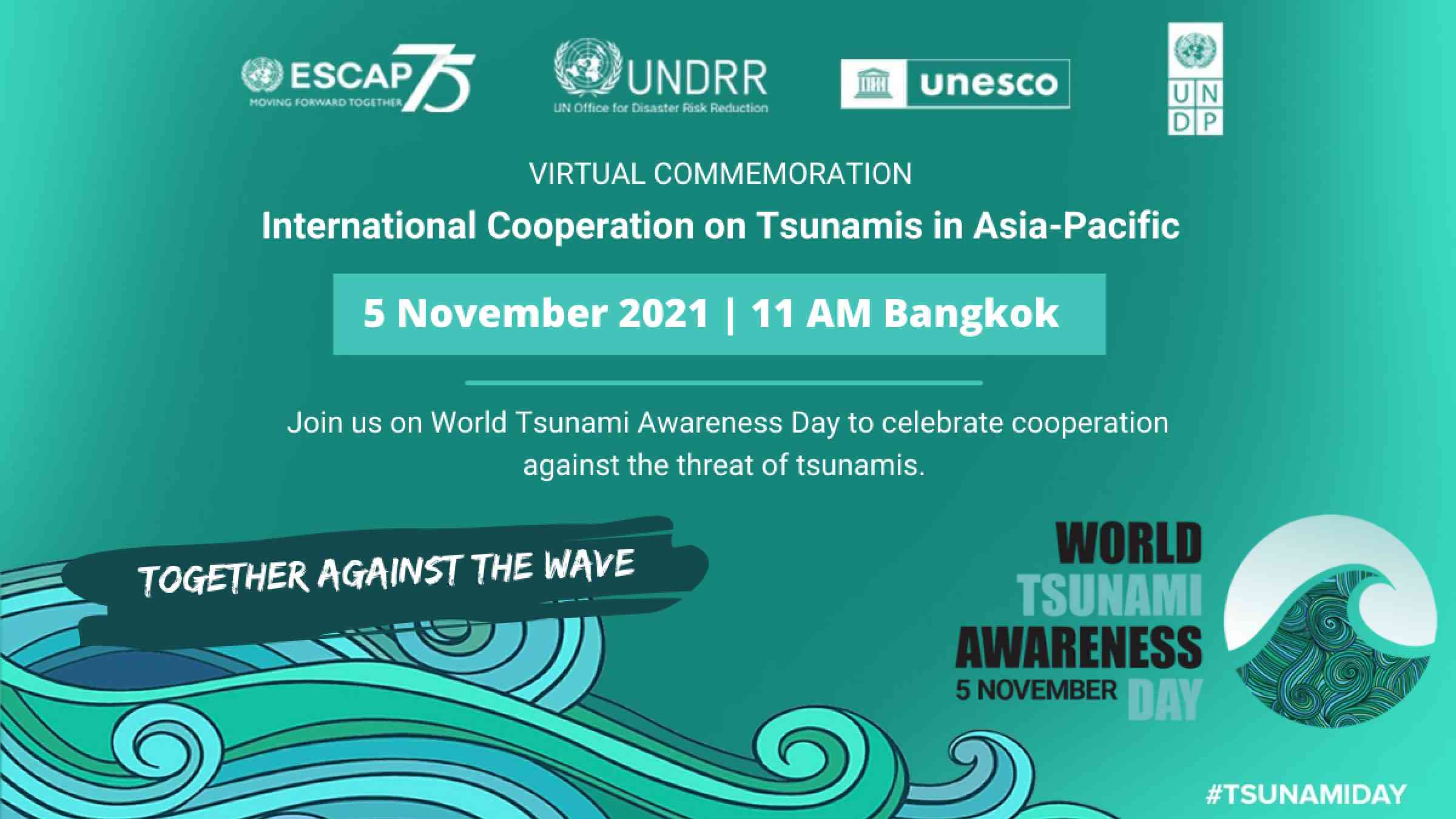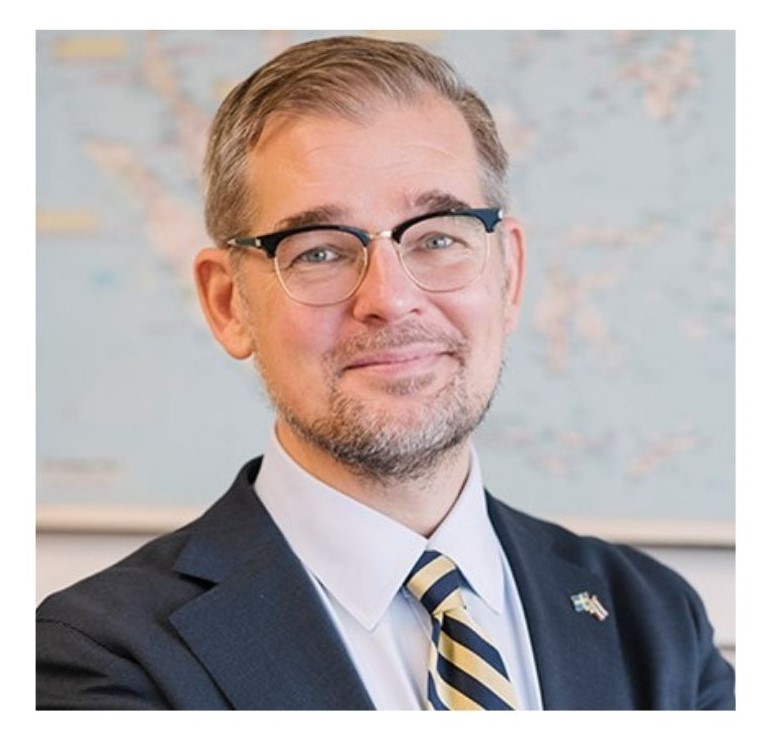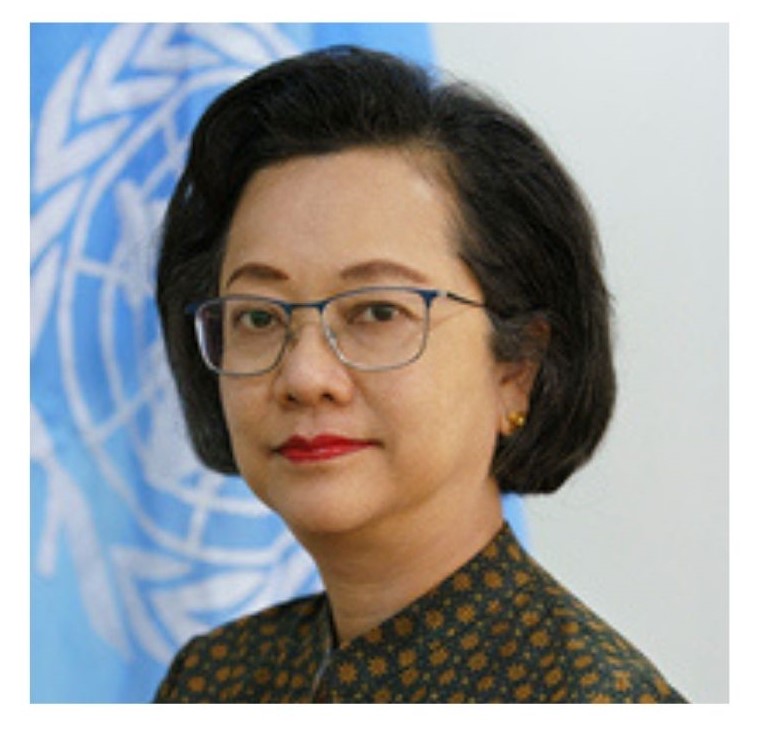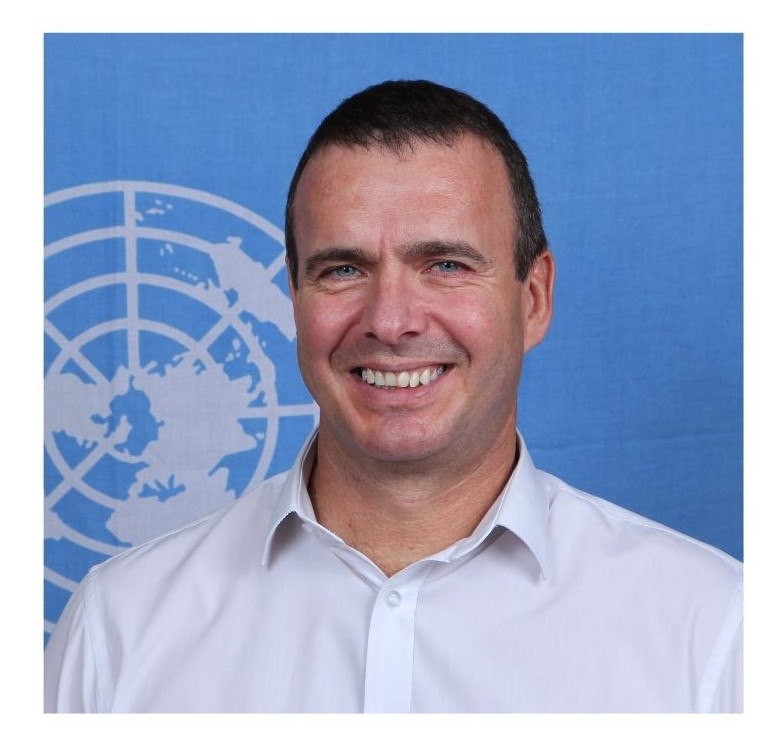WTAD Commemoration: International Cooperation on Tsunamis in Asia-Pacific

- English
 |
Ambassador Jon Åström Gröndahl Embassy of Sweden in Thailand |
 |
Mr. Yuichi Oba Minister and Deputy Chief of Mission Permanent Representative to ESCAP Embassy of Japan in Thailand |
 |
Dr. Renato Solidum, Jr. Undersecretary Department of Science and Technology and Officer-In-Charge Philippine Institute of Volcanology and Seismology (PHIVOLCS) |
 |
Ms. Armida Alisjahbana UN Under-Secretary-General and Executive Secretary UN Economic and Social Commission for Asia and the Pacific (ESCAP) |
 |
Mr. Marco Toscano-Rivalta Chief, Regional Office for Asia-Pacific UN Office for Disaster Risk Reduction (UNDRR) |
 |
Mr. Rick Bailey Head of IOTWMS Secretariat UN Education, Science and Cultural Organization (UNESCO) |
 |
Ms. Tiziana Bonapace Director ICT and Disaster Risk Reduction Division (IDD) ESCAP |
 |
Mr. Jaco Cilliers Manager of the Bangkok Regional Hub UN Development Programme (UNDP) |
Background
In 2015, the United Nations General Assembly designated 5 November as World Tsunami Awareness Day (WTAD). The UN Office for Disaster Risk Reduction (UNDRR) facilitates the observance of WTAD in collaboration with the rest of the United Nations system.
The 2021 theme for WTAD will align with this year’s theme for the International Day for Disaster Reduction, which is around Target F of the Sendai Framework for Disaster Risk Reduction: “Substantially enhance international cooperation to developing countries.”
While rare, tsunamis can have devastating and long-lasting impacts on affected populations. Moreover, few coastal regions in the world are safe from tsunamis considering the multiple ways they can be triggered. As a result, concerns over how to reduce the risk and impacts of tsunamis have been a strong driver for international cooperation.
A clear example of this is the international cooperation that spurred from the devastating 2004 Indian Ocean Tsunami, which caused nearly 230,000 deaths and impacted 14 countries. Countries came together in the aftermath of the disaster to address this common threat in an unprecedented way, leading to the creation of new efforts to better warn, prepare, and protect vulnerable populations. This cooperation is critical to saving lives given the transboundary nature of tsunamis and the need to support developing countries build their resilience.
Objective
To commemorate WTAD, this event will highlight examples of successful cooperation in the Asia-Pacific region around building preparedness and resilience to tsunamis, notably:
- Creation of the Indian Ocean Tsunami Warning and Mitigation System (IOTWMS) and the Tsunami Ready program under the Intergovernmental Oceanographic Commission (IOC) of the UN Education, Science and Cultural Organization (UNESCO).
- The building of capacities in 23 countries in Asia-Pacific as a result of the Strengthening School Preparedness for Tsunami in Asia and the Pacific project, which is managed by the United Nations Development Program (UNDP) with funding and support from the Government of Japan.
- Establishment of the multi-donor Trust Fund for Tsunami, Disaster and Climate Preparedness, which is administered by UN Economic and Social Commission for Asia and the Pacific (ESCAP).
Time
11:00 - 11:55 a.m. (GMT+7)